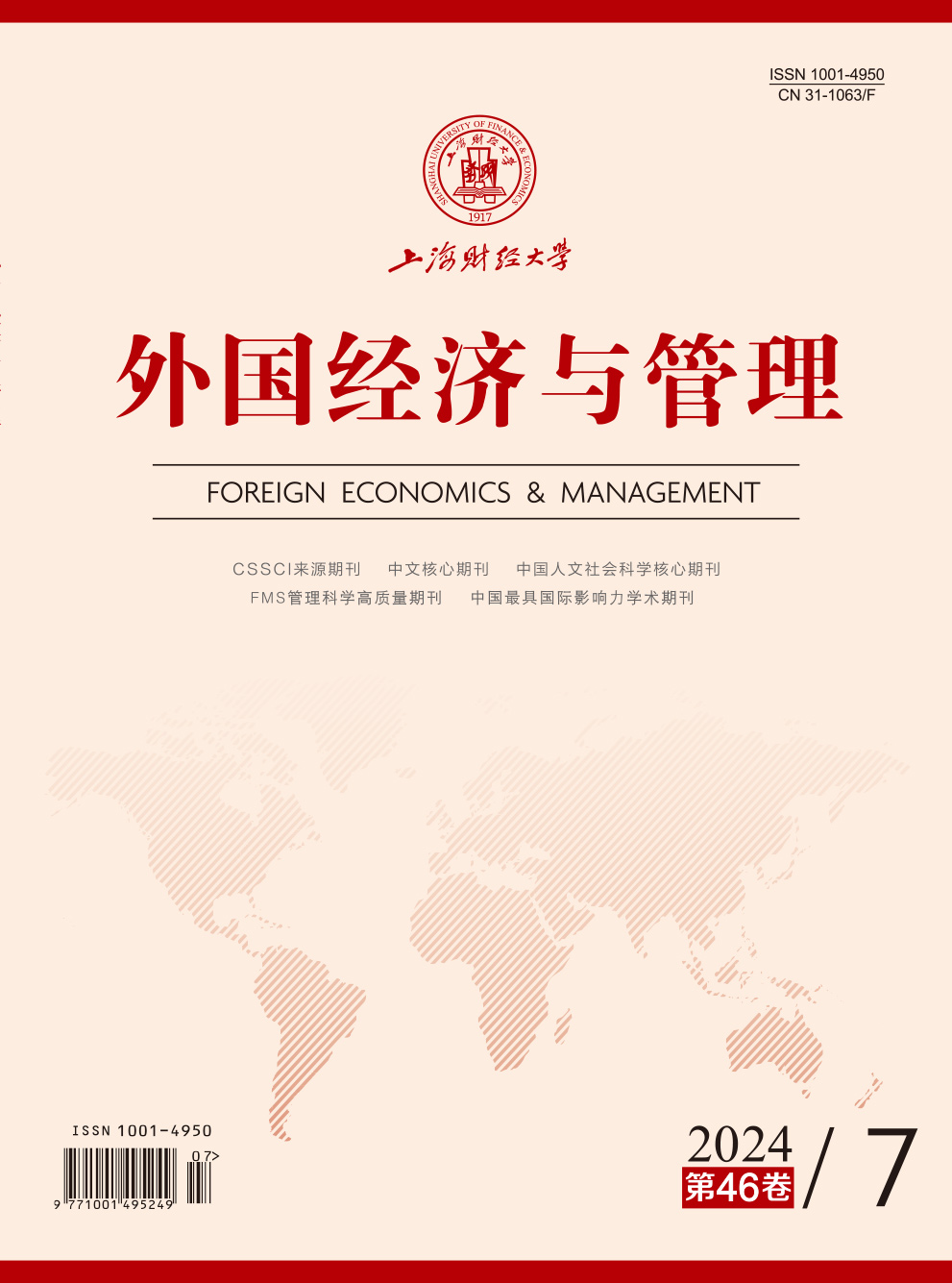With the increasing number of women serving as senior executives and gender equality receiving more and more social attention, female executive leadership has become a hot topic in the field of management. Existing research on female executive leadership shows a single line and point distribution pattern, targeting different roles such as female CEOs, female directors, and female executive team members. The concepts and measurements of female leadership only focus on the presence or proportion of female executives, lacking content-based conceptualization, and summarization and comparison of the universality and specificity of research conclusions on different female leadership roles. Given that research in this field is still in its early stages in China, it is necessary to systematically review existing literature and provide guiding suggestions for future directions. This paper provides a systematic review of research on female executive leadership both domestically and internationally. It clarifies the concepts and measurements of female executive leadership, compares the basic theories of female executive leadership research, and sorts out and evaluates empirical research on the influencing factors of female executive leadership and its impact on corporate strategic decision-making and organizational performance.
Based on this, it analyzes the theoretical basis and research conclusions of different roles of female executives, constructs a comprehensive research framework, and proposes five suggestions for future research on female executive leadership, including exploring basic hypotheses, delving into research objects, expanding research contexts, enriching research scenarios, and extending time dimensions. This paper also provides theoretical guidance for promoting gender equality in social and corporate practices at the executive level in China.





 7892
7892  9976
9976

